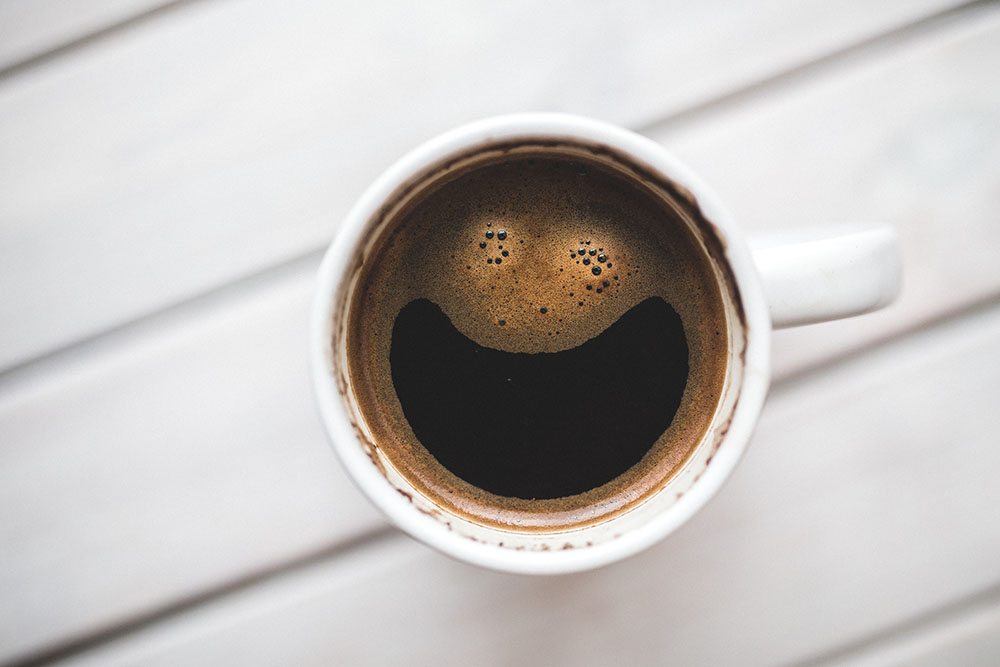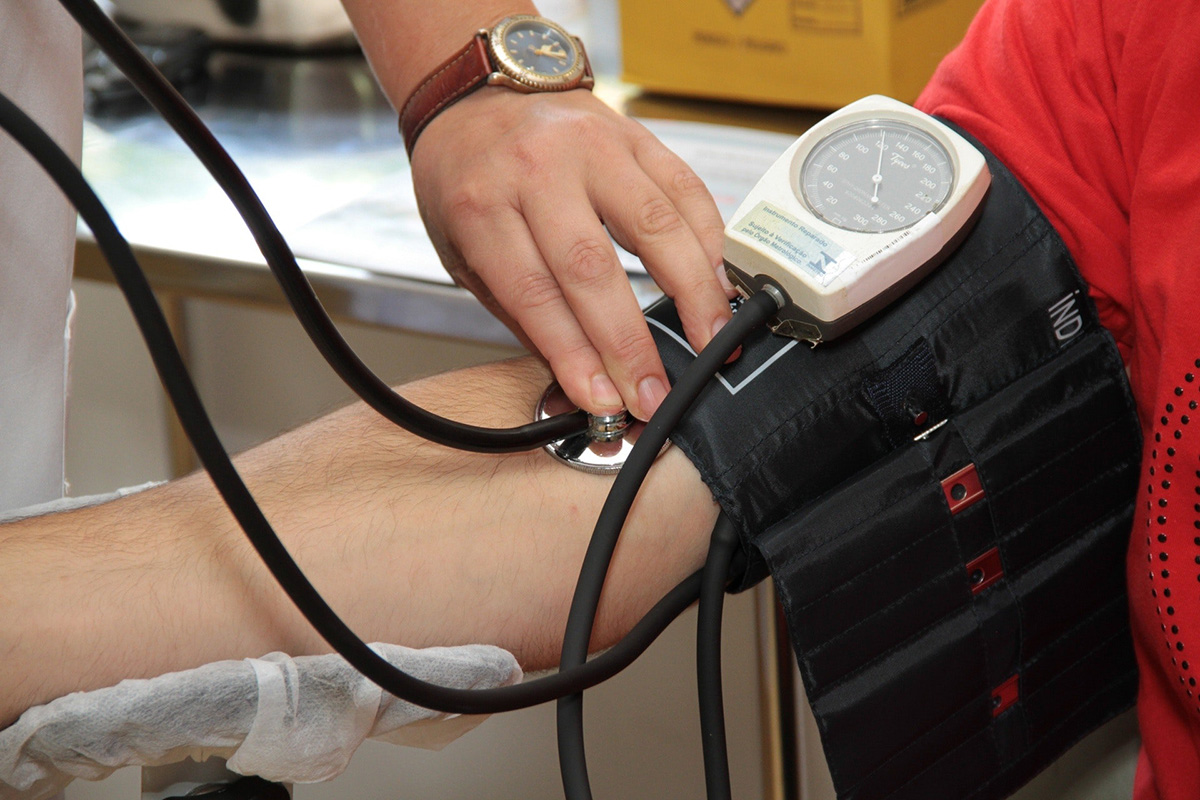Is coffee safe to drink with high blood pressure?

According to the Department of Nutritional Sciences at Pennsylvania State University, most people over the age of 35 consume at least 200 mg of caffeine daily.
Caffeine is like any other drug and comes with side effects.
Potential side effects include:
- Migraine headaches
- Insomnia
- Nervousness
- Irritability
- Restlessness
- Frequent urination or inability to control urination
- Stomach upset
- Fast heartbeat
- Muscle tremors
One 8-ounce cup of brewed coffee contains 91 mg of caffeine.
Lower High Blood Pressure: 5 Ways

Let’s cover five ways you can lower high blood pressure through dietary changes.
1. Increase your intake of fruits and vegetables
The DASH (Dietary Approaches to Stop Hypertension) diet is a very effective meal plan to lower blood pressure. The diet is high in fruits and vegetables, including 4-5 vegetable servings and 4-5 fruit servings everyday.
Fruits and vegetables are rich sources of fiber and phytonutrients essential to heart health and promotion of a lower blood pressure. The more the better!
2. Decrease sodium intake
Dietary Supplement Safety – Hidden Caffeine in Diet Supplements
Not too long ago I posted on weight loss supplements and the fraudulent (and potentially dangerous) claims being made. I came across more information I’d like to share with you.
The USDA (United States Department of Agriculture) analyzed over 50 dietary supplements and found approximately half contained the caffeine equivalent of 2 cups of coffee. Dietary supplements are not required to list caffeine content unless pure caffeine has been added to the product.
The caffeine content of the products analyzed ranged from zero to800 mg per dose. The highest level found provides more caffeine than 8 cups of coffee.
As always, choose wisely! A well-balanced diet along with physical activity is the surest and safest way to achieve long term weight loss.
All the best,
Lisa Nelson RD
Top 5 Key Strategies to Lose Weight Permanently
Weight Loss – 4 Steps to Reduce Stress Related Weight Gain
Here are four additional tips to decrease the impact of stress and elevated cortisol levels on your weight.
1. Don’t fight the cravings.
If you need something sweet it’s okay to satisfy your sweet tooth – in moderation. It’ll cut off your elevated cortisol levels response before things get out of control.
2. Limit caffeine.
The combination of caffeine and stress raises cortisol levels.
3. As always, don’t skip breakfast!
Being deficient in certain vitamins, such as B vitamins, vitamin C, calcium, and magnesium causes your body stress and boosts cortisol levels, along with food cravings. Breakfast is a great quick and easy way to add these nutrients to your diet everyday. Some yogurt with fresh strawberries provides vitamin C, calcium, and magnesium. Add whole grain toast with peanut butter and you’ve boosted you B vitamin intake. As an additional bonus the healthy fatty acids in peanut butter slow the production of stress hormones.
4. Get enough sleep.
Sleep and stress – Adequate sleep is the most effective way to cut stress. Getting an average of 6 ½ hours of sleep nightly may increase cortisol, appetite, and weight gain. Ideally shoot for 7-9 hours of sleep. It only takes a few nights of good sleep to balance yourself back out.
To learn more about the impact of stress and cortisol on your weight, I recommend reviewing the article How Stress and Cortisol Affect Weight Loss. I’d love to help you lose weight and keep it off – permanently! Check out the programs available to help you at http://www.weightlosswithlisa.com.
All the best,
Lisa Nelson RD
The Best Way to Lose Weight



